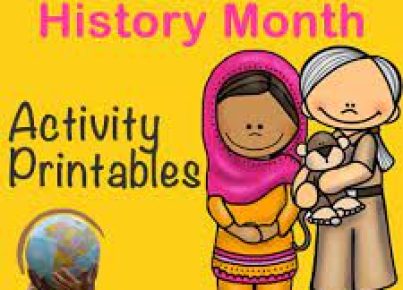Introduction
Slavery, as one of the darkest chapters in human history, left an indelible mark on countless lives and societies around the world. This article delves into the African-Caribbean views on slavery by exploring its historical impact as well as examining the contemporary perspectives and legacies that continue to shape this narrative.
Historical Context
The Transatlantic Slave Trade remains one of the largest forced migrations in history, spanning from the 15th to the 19th century. Millions of Africans were forcefully taken from their homelands to be sold into slavery across many European colonies in the Americas and Caribbean. This brutal practice destroyed families, culture, and eroded ancestral connections for generations to come.
Redefining Identity
The African-Caribbean population embodies a complex history of a duality between their African roots and Caribbean upbringing. For many, maintaining a connection to their African heritage has become essential in understanding and processing the painful past of slavery. The celebration of traditional rituals, music, dance, art, and food are some ways in which African-Caribbeans have been able to reconnect with their ancestry.
Contemporary Views on Slavery
African-Caribbean views on slavery today are multifaceted – ranging from feelings of deep sorrow and anguish to a sense of pride in overcoming adversity. The resilience shown by our ancestors during such an oppressive era inspires a sense of strength within modern generations. At the same time, there is an enduring obligation to address the social and economic inequalities that still exist due to the historical consequences of slavery.
Reparations Debate
One critical aspect of contemporary discussion surrounding slavery is the growing call for reparations by descendants of enslaved Africans in the Caribbean. Advocates argue that European nations that profited from the slave trade should take responsibility for addressing continuing disparities caused by this grim part of history. Despite inconclusive opinions regarding implementation, the reparations debate highlights the importance of acknowledging the past and promoting healing.
Emancipation and Annual Commemorations
Emancipation Day is a significant event for African-Caribbeans, marking the abolition of slavery in British colonies in 1834. This annual commemoration reminds current generations of the sacrifices made by their forebears while also celebrating freedom, unity, and progress. Beyond emancipation, many African-Caribbeans also honor enslaved ancestors through festivals like Crop Over in Barbados or Carnival in Trinidad and Tobago.
Conclusion
African-Caribbean views on slavery represent a combination of personal reflections as well as collective memories passed down through generations. By confronting and examining this complex history, they continue to reclaim their identity, heal from past traumas, and work towards a more equitable future. In doing so, African-Caribbean communities emphasize the importance of acknowledging and understanding history – both for themselves and for the world at large.





